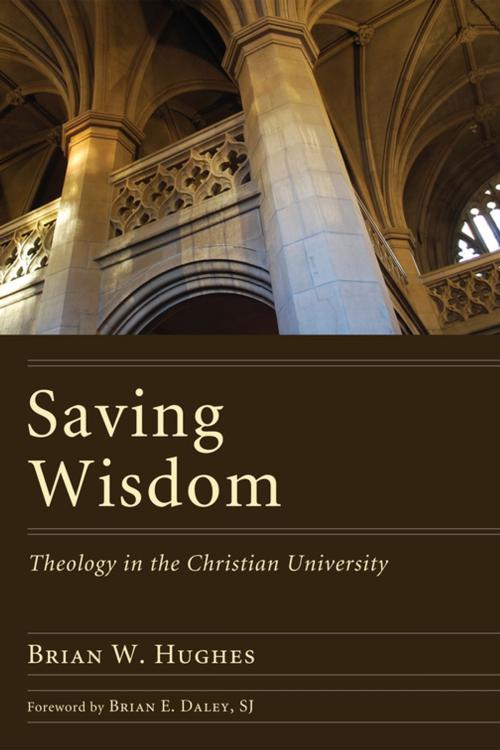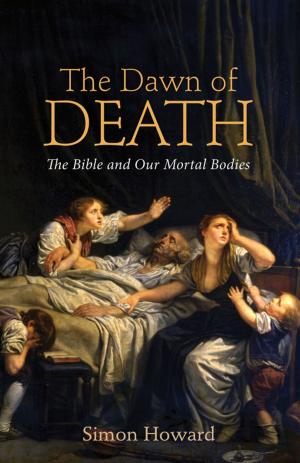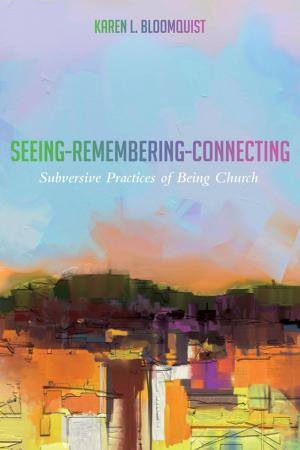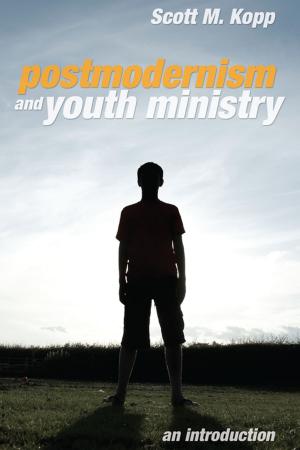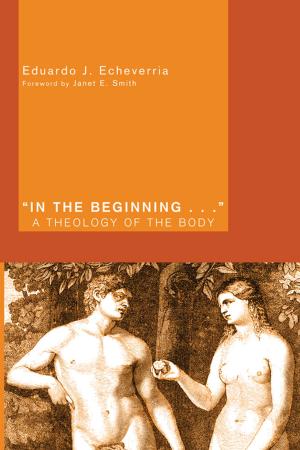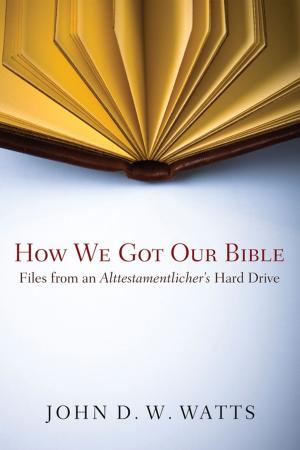| Author: | Brian W. Hughes | ISBN: | 9781630876500 |
| Publisher: | Wipf and Stock Publishers | Publication: | February 7, 2011 |
| Imprint: | Pickwick Publications | Language: | English |
| Author: | Brian W. Hughes |
| ISBN: | 9781630876500 |
| Publisher: | Wipf and Stock Publishers |
| Publication: | February 7, 2011 |
| Imprint: | Pickwick Publications |
| Language: | English |
Is theology possible within a Christian university? Beneath the emphasis of contextual, philosophical, and ecclesial pluralism, what is its academic nature? Further, who can participate in it? Recent debates and discussions by theologians that touch upon these questions seem to run in circles: theology is an academic specialty enjoying academic freedom; theology must bolster ecclesial identity, become more catechetical, and serve the church; theology must contribute to and shape public policy. Though such positions recur, they overlook latent but interrelated characteristics embedded within the nature and place of theology within the Christian university that affect them all. Upon analysis of four major theologians, Friedrich Schleiermacher, John Henry Newman, Avery Cardinal Dulles, S.J., and Edward Farley, I argue that there are two major patterns at work. First, theology is more a sapientia or wisdom than a traditional academic discipline. Second, all descriptions of theology in the university possess an inclusive or exclusive soteriological character. These patterns pervade diverse topics: the relationship of theology to the church authority, a theologian's ecclesial and academic commitments, the preconditions of faith for theological understanding, participation in a religious symbol system, theology as wisdom, and the difference between religion and theology. How one implicitly defines Christian salvation regarding the place of theology in the Christian university opens or closes the practice of theology to those who teach and learn it.
Is theology possible within a Christian university? Beneath the emphasis of contextual, philosophical, and ecclesial pluralism, what is its academic nature? Further, who can participate in it? Recent debates and discussions by theologians that touch upon these questions seem to run in circles: theology is an academic specialty enjoying academic freedom; theology must bolster ecclesial identity, become more catechetical, and serve the church; theology must contribute to and shape public policy. Though such positions recur, they overlook latent but interrelated characteristics embedded within the nature and place of theology within the Christian university that affect them all. Upon analysis of four major theologians, Friedrich Schleiermacher, John Henry Newman, Avery Cardinal Dulles, S.J., and Edward Farley, I argue that there are two major patterns at work. First, theology is more a sapientia or wisdom than a traditional academic discipline. Second, all descriptions of theology in the university possess an inclusive or exclusive soteriological character. These patterns pervade diverse topics: the relationship of theology to the church authority, a theologian's ecclesial and academic commitments, the preconditions of faith for theological understanding, participation in a religious symbol system, theology as wisdom, and the difference between religion and theology. How one implicitly defines Christian salvation regarding the place of theology in the Christian university opens or closes the practice of theology to those who teach and learn it.
